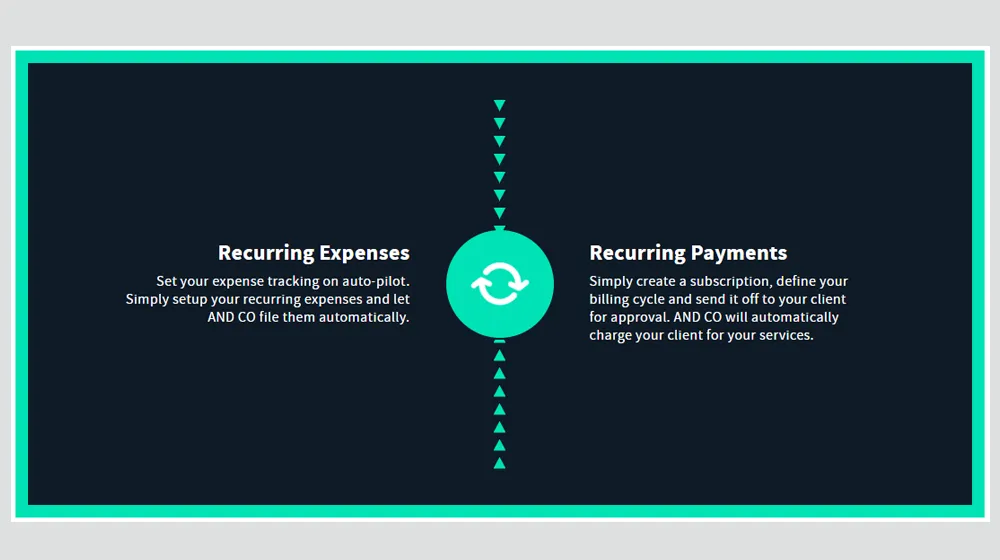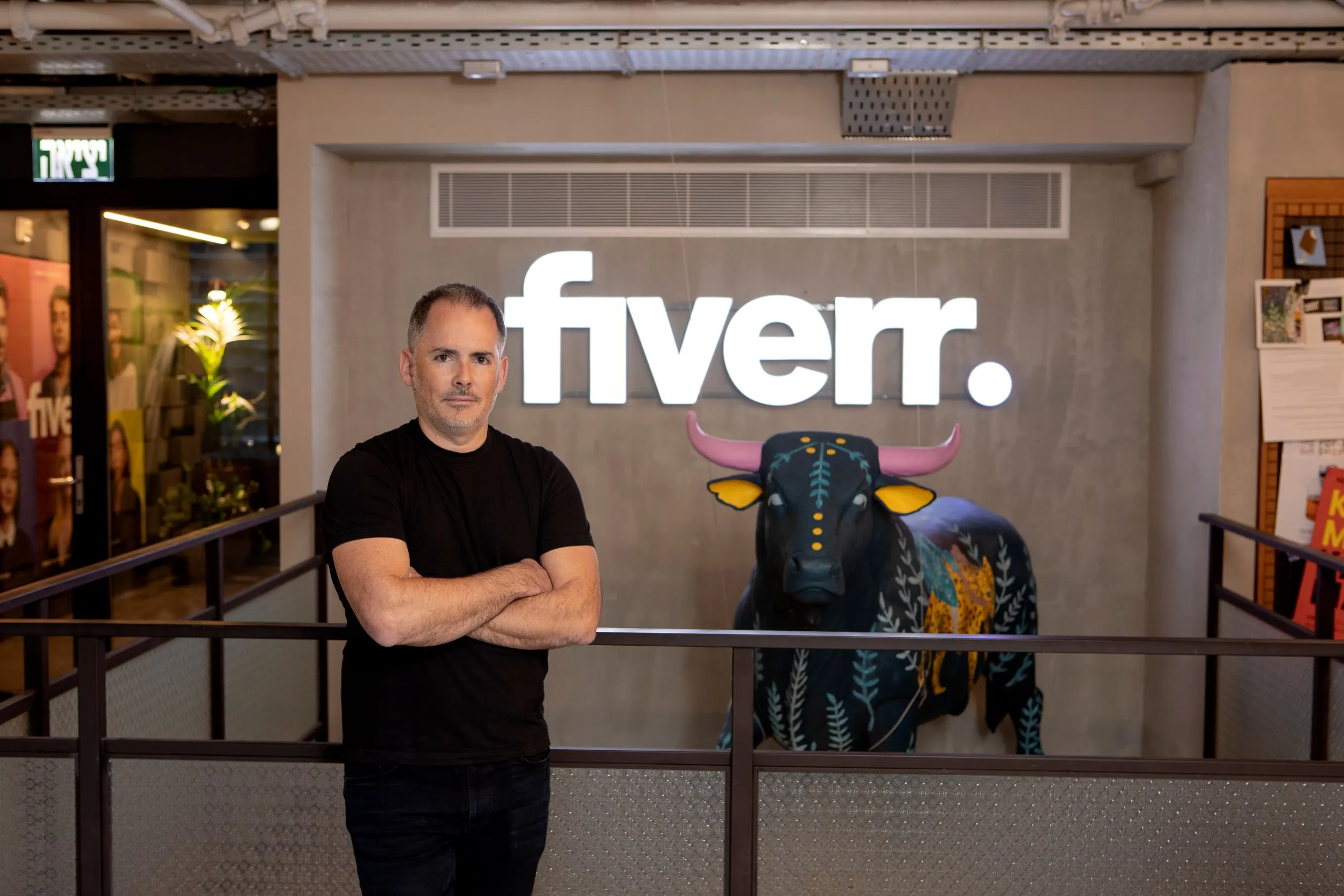Fiverr has transformed the way people think about freelance work and online marketplaces. This platform connects freelancers with clients globally, allowing users to buy and sell services across various categories. But have you ever wondered who actually owns this innovative platform? In this blog post, we’re going to delve deeper into Fiverr’s ownership and corporate structure, as well as explore how it has evolved over the years. By understanding its history, ownership, and current operations, we can gain valuable insights into its success and direction.
History of Fiverr

Fiverr was founded in February 2010 by Micha Kaufman and Shai Wininger. The concept was simple yet revolutionary: create a marketplace where people could buy or sell services starting at just $5. The goal was to empower freelancers and provide a space for individuals to monetize their skills. Initially, the website featured a lot of low-cost, simple services, but it quickly evolved as both buyers and sellers began to explore more complex offerings.
Fiverr gained traction rapidly and hit its first significant milestone in 2012 when it raised $15 million in funding from Bessemer Venture Partners. This injection of capital allowed Fiverr to expand its services, improve user experience, and invest in marketing. By 2013, the platform boasted over 1 million services listed and millions of completed transactions, solidifying its position in the gig economy.
In 2019, Fiverr became a publicly traded company on the New York Stock Exchange under the ticker symbol “FVRR.” This initial public offering marked a new chapter for Fiverr, bringing in approximately $111 million and allowing it to scale operations further. Today, Fiverr offers various services, including graphic design, writing, programming, and marketing—showcasing the platform's incredible growth over the last decade.
Overall, Fiverr's journey from a small startup to a publicly traded company exemplifies the evolving gig economy and the increasing demand for freelance services. As Fiverr continues to grow, it remains focused on providing a platform that connects talent with opportunity.
Also Read This: How to Get a Job on Fiverr: A Comprehensive Guide
Current Ownership Structure

Fiverr has evolved significantly since its inception in 2010, transitioning from a startup to a publicly traded company. As of now, Fiverr operates under a dynamic ownership structure typical for tech firms. The company's shares are publicly traded on the New York Stock Exchange under the ticker symbol "FVRR." This means that ownership is distributed among a variety of stakeholders, including institutional investors, individual shareholders, and company executives.
When looking at the current ownership breakdown, it's important to note the following:
- Public Investors: After going public in June 2019, Fiverr attracted a wide range of investors, with many shares now held by individual investors who see potential in the gig economy.
- Institutional Ownership: Institutional investors manage a large portion of Fiverr’s shares. This includes mutual funds, pension funds, and other investment firms, which often engage in rigorous research to maximize their returns.
- Company Executives and Founders: Key members of Fiverr's executive team and founders retain a significant amount of shares. This can often align their interests with those of the shareholders, fostering a commitment to the company's long-term growth.
Overall, Fiverr's ownership structure showcases a blend of public and private interests which can lead to both volatility and growth opportunities in the tech-driven gig economy. The influence of institutional investors, along with motivated leadership, sets the stage for continued evolution.
Also Read This: What Are Briefs in Fiverr?
Key Stakeholders and Investors

In any successful company, identifying key stakeholders and investors is critical to understanding its trajectory. Fiverr is no exception, with a range of influential players impacting its operations and strategic direction. Let’s break down some of the prominent stakeholders.
| Stakeholder/Investor | Role/Contribution |
|---|---|
| Investors | Institutional investors such as Wellington Management, Vanguard Group, and others hold significant stakes in Fiverr, providing both capital and credibility. |
| Founders | Co-founders Micha Kaufman and Shai Wininger have played significant roles in shaping the company’s vision and direction, still holding substantial shares. |
| Executive Team | The leadership team, including the CEO and other C-suite executives, are pivotal in making key decisions that influence company operations and market position. |
| Employees | Employees often own shares through stock options, which aligns their interests with those of external investors and encourages a culture of dedication and innovation. |
In conclusion, Fiverr's key stakeholders and investors play essential roles in its growth and sustainability. From institutional giants to committed founders and executives, the diverse group of investors not only provides the necessary funding but also provides strategic guidance, ensuring Fiverr continues to thrive in an ever-changing marketplace.
Also Read This: How to Start Getting Jobs on Fiverr
5. Impact of Ownership on Fiverr’s Operations
The ownership structure of Fiverr plays a pivotal role in shaping its operations and overall business strategy. As a publicly-traded company, Fiverr is owned by a range of stakeholders, including institutional investors, retail investors, and company executives. This diverse ownership can have several impacts on how the business operates.
First and foremost, the pressure from shareholders to deliver financial results often drives Fiverr to pursue aggressive growth strategies. This includes expanding its offerings, entering new markets, and enhancing its technology. For instance, after going public in 2019, Fiverr made significant investments in marketing and platform development to gain a competitive edge in the freelance marketplace.
Furthermore, the ownership structure leads to transparency requirements that can significantly influence operational decisions. Public companies must disclose their financial performance, strategies, and risks regularly. This means Fiverr must be mindful of its operational choices as they can affect stock performance and investor sentiment. Maintaining a strong public image while balancing investor expectations is a constant challenge.
Additionally, the motivations of major shareholders can impact decision-making. For instance, if institutional investors hold significant stakes, they may prioritize long-term growth initiatives rather than focusing solely on short-term profits. This can foster a culture of innovation, allowing Fiverr to explore new services and technologies, such as AI-driven tools for freelancers.
In summary, the ownership of Fiverr is more than a matter of shares and stock prices; it directly influences the company's operations, strategic direction, and culture—shaping how they interact with freelancers and clients alike.
Also Read This: Image Editing in Canva: How to Cut Images for a Polished Look
6. Future of Fiverr and Its Ownership
Looking ahead, the future of Fiverr's ownership structure seems poised for evolution as market dynamics and technological advancements reshape the freelance landscape. With an increasing number of professionals embracing remote and freelance work, the demand for platforms like Fiverr is expected to grow, attracting more investors and potentially diversifying ownership even further.
One scenario that could unfold is the potential for increased consolidation in the freelance market. As competition heats up, Fiverr may consider mergers or partnerships to enhance its market position. This strategic approach could involve equity deals, thus altering its ownership landscape by introducing new stakeholders with fresh perspectives and resources.
Moreover, the rise of decentralized finance (DeFi) and blockchain technology poses an interesting challenge and opportunity for Fiverr. If it chooses to adopt a decentralized model for transactions, this could attract new types of investors, including those interested in cryptocurrency and blockchain ecosystems. Such a shift could fundamentally change ownership dynamics, allowing for more distributed types of ownership beyond traditional investors.
Fiverr's leadership will also play a crucial role in determining its future direction. The company's board and executives must remain responsive to market trends while considering the interests of diverse stakeholders. Should they remain dynamic and adaptable, Fiverr can continue to attract investment while sustaining its operational excellence.
In conclusion, the future of Fiverr's ownership is bound to reflect the trends of a rapidly evolving gig economy. Whether through mergers, technological adoption, or shifts in investor focus, the company is set for exciting changes that could redefine how it operates and who holds its ownership.
Who Owns Fiverr? A Deep Dive into the Company's Ownership and Structure
Fiverr is a renowned online marketplace that connects freelancers with clients needing various digital services, including graphic design, writing, programming, and more. Since its inception in 2010, Fiverr has evolved into a prominent platform within the gig economy, but who exactly owns and controls this thriving company?
Fiverr International Ltd., the parent company of Fiverr, is a publicly traded entity listed on the New York Stock Exchange (NYSE) under the ticker symbol "FVRR." This public structure means that ownership is shared among numerous shareholders, including institutional investors and individual stockholders. Below are key stakeholders and elements related to Fiverr's ownership:
| Stakeholder | Type | Ownership Percentage |
|---|---|---|
| Founders | Private Investors | 16% |
| Institutional Investors | Public Holding | 54% |
| Retail Investors | Public Holding | 30% |
Key Executives:
- Millie W. - CEO
- Jasper H. - CFO
- Alyssa D. - COO
As a publicly traded company, Fiverr’s ownership is subject to change as shares are bought and sold on the market. The company has attracted considerable attention from institutional investors, which often leads to greater financial stability and growth potential. Furthermore, the presence of active founders and executive leadership plays a crucial role in shaping Fiverr's strategic direction and operations.
In conclusion, Fiverr's ownership is a mix of private and public stakeholders, primarily comprising institutional and retail investors, with its founders and executive team still significantly influencing the company's trajectory and growth.



